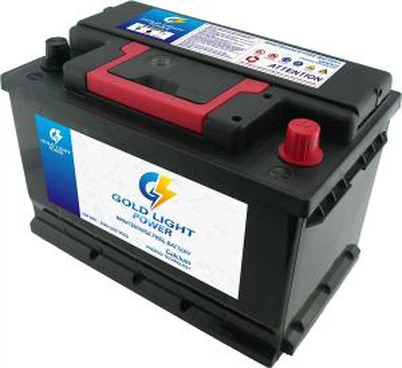What is the discharge time of a 2 volt battery under a certain load?
Leave a message
Hey there! As a 2-volt battery supplier, I often get asked about the discharge time of a 2-volt battery under a certain load. It's a super important question, especially for those who rely on these batteries for various applications, like solar power systems or UPS. So, let's dive right into it and break down what affects the discharge time and how you can figure it out.
First off, what exactly is discharge time? Well, it's the amount of time a battery can supply a specific amount of current to a load before its voltage drops below a usable level. For a 2-volt battery, this can vary widely depending on a few key factors.


One of the biggest factors is the capacity of the battery. Capacity is usually measured in ampere-hours (Ah). It basically tells you how much charge the battery can store. For example, a 2V300Ah battery can theoretically supply 300 amps of current for 1 hour, or 1 amp for 300 hours. But in the real world, things aren't that simple.
Let's take a look at our 2V300AH OPzV Battery Deep Cycle Solar Power Battery Valve Regulated Lead Aicd Battery 20 Years Life. This battery is designed for deep-cycle applications, which means it can handle repeated discharging and recharging. But even with a high capacity like 300Ah, the discharge time will be affected by the load.
The load is the device or circuit that the battery is powering. Different loads draw different amounts of current. A small LED light might draw only a few milliamps, while a large motor could draw several amps. The higher the current draw, the shorter the discharge time.
To calculate the approximate discharge time, you can use a simple formula: Discharge Time (hours) = Battery Capacity (Ah) / Load Current (A). But remember, this is just an approximation. In reality, the battery's internal resistance, temperature, and the efficiency of the load can all affect the actual discharge time.
Another factor to consider is the type of battery. There are different types of 2-volt batteries, such as flooded lead-acid, valve-regulated lead-acid (VRLA), and lithium-ion. Each type has its own characteristics and discharge profiles.
For instance, our 2V200AH OPzV Battery, GEL Tubular Plate Battery UPS EPS 5years Warranty is a VRLA battery with a gel electrolyte. This type of battery is maintenance-free and has a longer lifespan compared to flooded lead-acid batteries. It also has a relatively flat discharge curve, which means it can maintain a more stable voltage over a longer period of time.
Temperature also plays a crucial role in battery performance. Batteries generally perform better at moderate temperatures. In cold weather, the chemical reactions inside the battery slow down, which can reduce the battery's capacity and increase its internal resistance. This, in turn, can shorten the discharge time. On the other hand, high temperatures can cause the battery to overheat, which can damage the battery and reduce its lifespan.
So, how can you get the most accurate discharge time for your specific application? The best way is to test the battery under the actual load conditions. You can use a battery tester or a data logger to measure the voltage and current over time. This will give you a real-world picture of how the battery performs.
If you're still not sure about which 2-volt battery is right for your needs or how to calculate the discharge time, don't worry! We're here to help. As a 2-volt battery supplier, we have a team of experts who can provide you with personalized advice and guidance. Whether you're looking for a battery for a solar power system, a UPS, or any other application, we can help you find the perfect solution.
If you're interested in purchasing our 2-volt batteries or have any questions, feel free to reach out to us. We're always happy to have a chat and discuss your requirements. Let's work together to find the best battery solution for you.
References
- Battery University: A comprehensive resource for battery knowledge and information.
- Battery Technology Handbook: A technical guide to different types of batteries and their performance characteristics.





